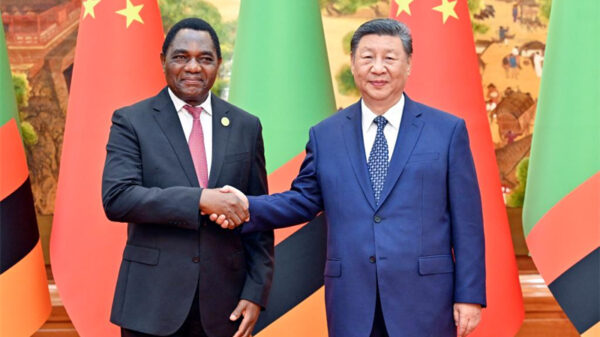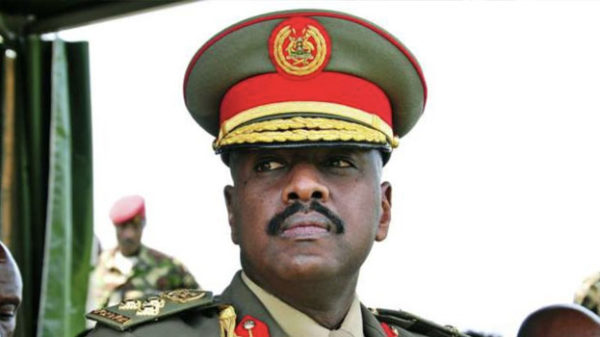NAIROBI, Kenya, Feb 4 – The Kenyan Chapter of the International Commission of Jurists (ICJ) has welcomed the High Court\’s decision declaring the recent judicial nominations by President Mwai Kibaki as unconstitutional.
On Thursday, Justice Daniel Musinga ruled that President Kibaki breached the Constitution in nominating individuals to the Offices of the Chief Justice, the Attorney General, Director of Public Prosecutions and Controller of Budget.
ICJ chairman Albert Kamunde described the ruling as timely, saying the appointments negated the spirit and letter of the Constitution.
"Instead of polarising the country along the lines of the supporters of the Prime Minister and the President, I think the important thing is for a legal interpretation by the court to bring this issue to an end," he said.
He pointed out that the nominations if allowed to go through, would have set a dangerous precedent to the rule of law.
"I have noted that in the transitional clauses, then he (the President) is supposed to also consult the Prime Minister and that is why during the announcement of the names that he had chosen he stated that he had consulted," he said.
He called on everyone to be vigilant especially in matters dealing with their rights as individuals.
"I urge Kenyans to be involved and make sure that we really do not divide the country along either tribal or political lines and also to note that it is important for such officers to be appointed in an environment that will ensure that they get acceptance and the support of all Kenyans," he said.
President Kibaki nominated Justice Alnashir Visram as Chief Justice, Prof Githu Muigai as Attorney General, Kioko Kilukumi for Director of Public Prosecutions office while William Kirwa was picked as Controller of Budget prompting eight non-governmental organisations to seek court orders to block the process of approval and eventual appointment.
According to the organisations, the manner in which the President made the nominations was in total disregard of provisions of the Constitution requiring consultation and consideration of gender equity, and was likely to bring disunity in the country.
In his ruling, the judge said the President ought to have consulted the Prime Minister before he made the decision as provided by the National Accord which mandates consultations between them in any government appointments.
The eight applicants included the Centre for Rights Education and Awareness (CREAW), Caucus for Women\’s Leadership (CAUCUS), Tomorrow Child Initiative (TCI) and Women in Law and Development (K).
Others are Development Through Media (DTM), Coalition on Violence against Women (COVAW), Young Women Leadership Institute (YWLI) and the League of Kenya Women Voters.
In their petition, the applicants claimed that the nominations were done without advertisement, and members of the public who ought to have participated, were excluded.
They argued that under Article 10(2) (a) that guarantees the Rule of Law as one of the National Values and Principles that bind all state officers, public officers and all persons whenever they apply or interpret the Constitution and in line with these provisions, they had the right to challenge the nominations.
(Follow the author at https://twitter.com/ndonggor)

































